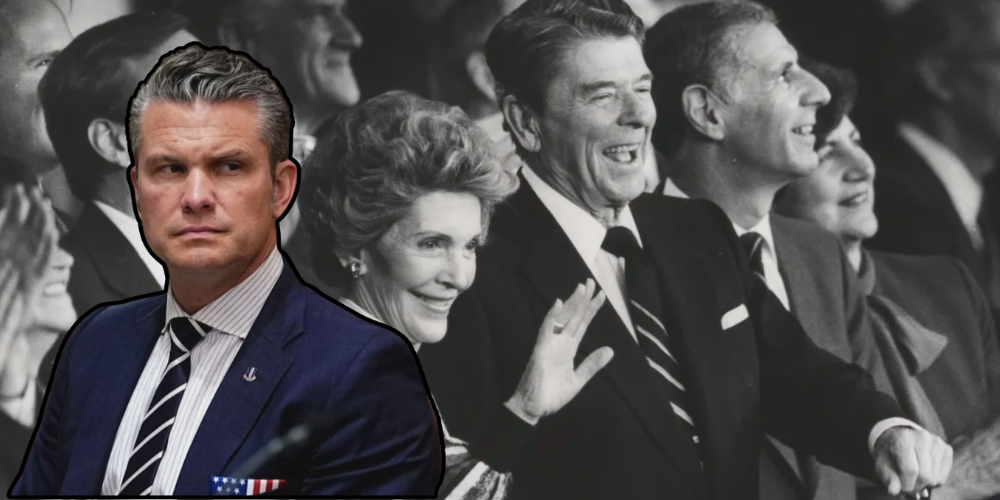In the early morning of September 23, 2014, American air forces???joined by the United Arab Emirates, Saudi Arabia, Bahrain, and Jordan???began striking targets in Syria as part of ongoing operations against the terrorist group ISIS. Nearly a week earlier, September 17, 2014, marked the U.S. Air Force???s 67thanniversary as a separate service. It remains the world???s foremost military instrument capable of striking globally in support of American national security interests.
At the conclusion of World War II, the Air Force achieved status as a separate and distinctive military service in the afterglow of two irradiated Japanese cities. This testified to the Air Force???s potential for military decisiveness. With the United States plunged almost immediately into a global Cold War, the Strategic Air Command provided a credible deterrent upon which American foreign policy rested for a half century. With the end of the Cold War, the Strategic Air Command morphed into Air Combat Command, a potent force better suited to a multi-polar and still very dangerous world.
Since 1947, air-power advocates have often exaggerated its potential to end wars quickly by striking critical industrial, military, and political infrastructures. President Kennedy had pursued a vigorous foreign policy to bear any burden, support any friend, and oppose any foe to assure the survival and success of liberty. President Lyndon Johnson???s priorities focused domestically on instituting the Great Society and implementing a vigorous civil-rights agenda aimed at salvaging the Democratic Party???s political hold on Southern states. The domestic context also included a resurgent conservative challenge in the 1964 mid-term elections. Meanwhile, the specter of global conflict hovered over decisions concerning military forces. Johnson, fearing a blunder leading to a larger confrontation with Russia or China, bragged that U.S. pilots couldn???t bomb an outhouse in North Vietnam without his approval.
During the 1964-65 Washington debates over Vietnam, Army and Marine generals warned that a war in Southeast Asia would last years and involve hundreds of thousands of soldiers with the potential for thousands of casualties. As an alternative, air-power leaders offered quick results from a limited application of force by attacking 94 targets in a 28-day aerial campaign with minimal losses due to the still-primitive condition of North Vietnamese aerial defenses.
Theoretically, under the right circumstances, air power can render decisive results. Speaking at the Air Force Academy in the late 1980s, former Air Force chief of staff and architect of the Strategic Air Command, Gen. Curtis LeMay, declared a concerted air-power campaign against North Vietnam could have ended the war ???in any two-week period you care to name.???
While using nuclear weapons could achieve that result in an afternoon, those choices were neither appropriate nor seriously considered. In March 1965, President Johnson went with air power???s siren song promising quick victory at minimal costs and lower risks. By July, the air campaign had failed and American ground forces were flowing into South Vietnam. America slipped into a long, indecisive war, and divisive war.
Enemies like the Vietnamese communist forces of the 1960s and the current fighters for ISIS can find ways to overcome limited air operations. While extending the campaign into Syria, opposing ground forces are needed to compel ISIS to concentrate forces either in offensive or defensive positions, providing lucrative targets not only along the forward edge of the battle area but also in the enemy???s rear. Absent an effective ground campaign, the enemy disperses to concentrated times and places of its choosing???giving the enemy initiative and inevitably prolonging the war. ISIS leader Abu Bakr al Baghdadi and his lieutenants, having heard President Obama???s often-repeated statements concerning the war weariness of the American people, now know a longer war favors them. Given the nature of this enemy, a rapid and robust commitment of ground forces is critical to a successful conclusion. Retired Air Force Gen. Michael Hayden, a superb career intelligence officer, correctly defined the allure of power as offering quick gratification at the expense of enduring results.
Air power is a powerful weapon, but its potential is best realized when used in conjunction with the effective employment of land forces. Given the nature of ISIS???s forces, even a concerted bombing campaign absent an effective ground effort is unlikely to succeed. As is often the case, it???s easier to do something right the first time and see it through to a successful conclusion than it is to follow the sirens??? song of quick gratification absent long-term results.





